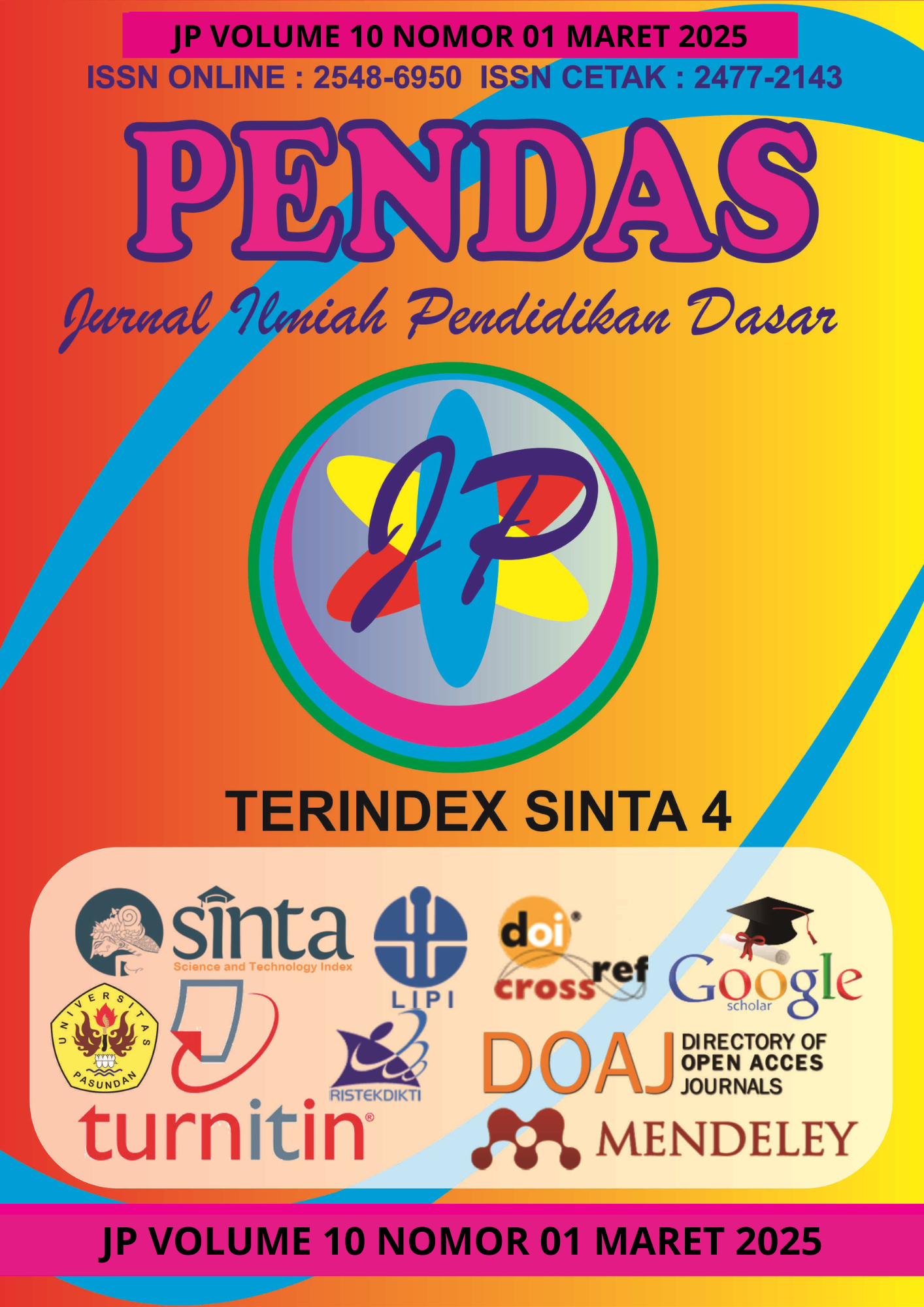THE ROLE OF ENGLISH IN SHAPING CULTURAL IDENTITY AMONG INDIGENOUS COMMUNITIES
DOI:
https://doi.org/10.23969/jp.v10i01.22556Keywords:
critical linguistics, cultural hybridization, cultural identity, english, indigenous peoplesAbstract
This study explores the complex dynamics of the role of English in shaping the cultural identities of indigenous peoples in various regions. This comprehensive study analyzes how contact with English influences the preservation, transformation, and negotiation of cultural identities in indigenous communities. Through a multidisciplinary approach combining ethnographic, linguistic, and anthropological methods, the study reveals the mechanisms of interaction between global languages and local cultural heritages. The findings show that indigenous peoples are not simply passive recipients of English influence, but actively adapt and redefine their identities through dynamic linguistic practices. The study highlights the complexity of the process of cultural hybridization, where English acts as a tool for negotiation, resistance, and reconstruction of identities.
Downloads
References
Berry, J. W., & Sam, D. L. (2016). The Cambridge handbook of acculturation psychology. Cambridge University Press.
Braun, V., & Clarke, V. (2014). What can thematic analysis offer health and wellbeing researchers? International Journal of Qualitative Studies on Health and Well-being, 9(1), 26152.
Creswell, J. W., & Creswell, J. D. (2018). Research design: Qualitative, quantitative, and mixed methods approaches (5th ed.). SAGE Publications.
Grenoble, L. A., & Whaley, L. J. (2016). Saving Languages: An Introduction to Language Revitalization. Cambridge University Press.
Henderson, M. (2015). "English Language Impact on Indigenous Cultural Preservation." Journal of Cultural Studies, 28(4), 245-260.
King, K. A. (2015). Language Policy and Planning in Indigenous Contexts: Critical Perspectives. Multilingual Matters.
Martin, J. N., & Nakayama, T. K. (2015). Intercultural communication in contexts (7th ed.). McGraw-Hill Education.
Martinez, R. (2019). "Power Relations in Indigenous Language Education." International Journal of Bilingual Education, 22(2), 178-195.
McCarty, T. L. (2013). Language Planning and Policy in Native America: History, Theory, Praxis. Multilingual Matters.
Nettle, D., & Romaine, S. (2014). Vanishing Voices: The Extinction of the World's Languages and the Erosion of Human Knowledge. Oxford University Press.
Nicholas, S. E. (2014). "Telling the Community Story: Language, Identity, and Difference in the Indigenous Southwest." Anthropological Quarterly, 87(2), 403-426.
Norton, B., & De Costa, P. (2018). "Research Tasks on Identity in Language Learning and Teaching." Language Teaching, 51(1), 90-112.
Robertson, K. (2018). "Cultural Identity Formation in the Digital Age." Journal of Cross-Cultural Psychology, 45(3), 301-318.
Smith, J. (2016). "Indigenous Languages in the Modern World." Applied Linguistics Review, 7(2), 123-144.
Thompson, A., & Liu, Y. (2017). "Code-switching and Identity Among Indigenous Youth." Journal of Sociolinguistics, 21(3), 289-310.
Thompson, R. (2015). Language Acquisition and Cultural Identity Formation in Indigenous Societies. Journal of Language and Cultural Education, 8(1), 67-82.
Wilson, K., & McCarthy, D. (2017). Globalization and Indigenous Communities: Language as a Tool for Cultural Preservation. Global Studies Journal, 12(3), 189-204.
Wong, L. (2014). "Digital Technologies in Indigenous Language Preservation." Language Learning & Technology, 18(4), 33-45.
Downloads
Published
Issue
Section
License
Copyright (c) 2025 Pendas : Jurnal Ilmiah Pendidikan Dasar

This work is licensed under a Creative Commons Attribution 4.0 International License.














































